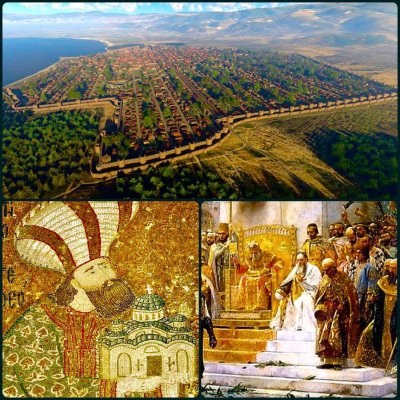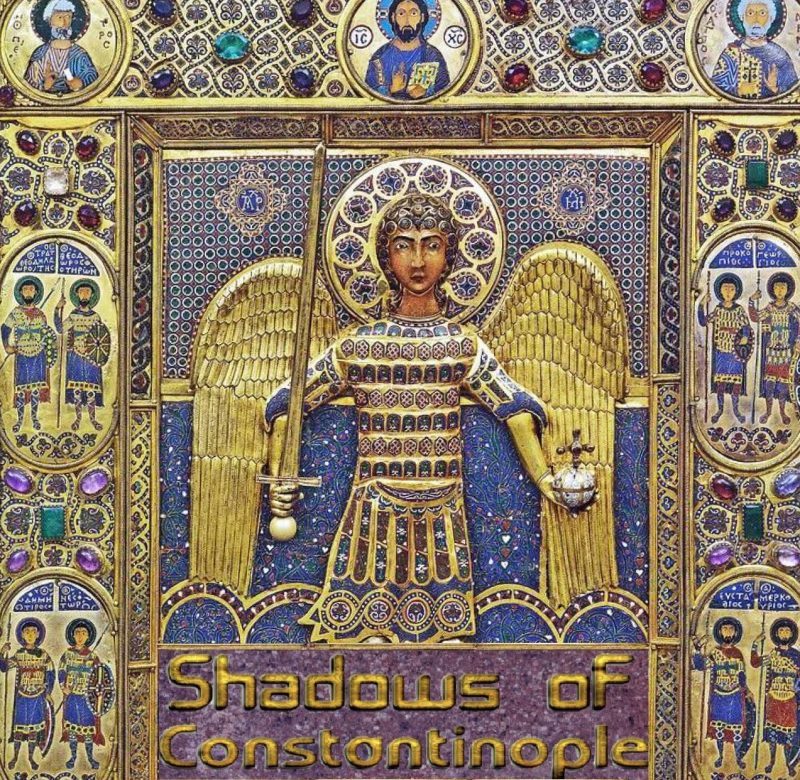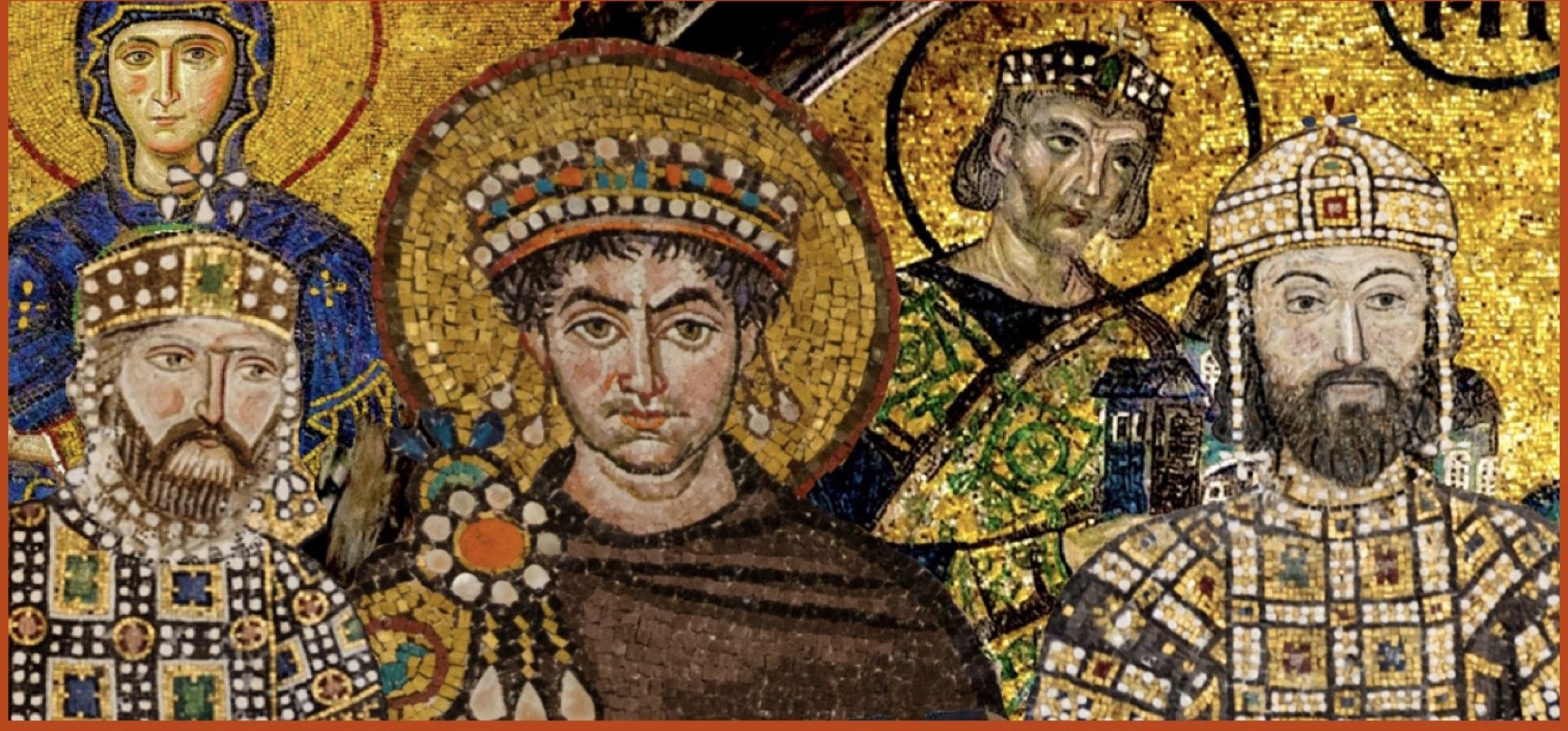Theodore Mesochites delivered a speech to Andronikos II in 1290 praising Nicaea which “nobly resisted the tide of evil, or rather overcame & survived…a citadel for the whole Roman state” after “that city(Constantinople) which stood in front & had power over all others” fell. It seems like he was likely trying to remind the Emperor of how important Anatolia was, as this part of the Empire was struggling under the Palaiologos dynasty. It had not been so long since it had been the capital, after all.

The speech feels like a reflection of the 13th century: “In that time past, when the Roman state felt the balance swing to the other side, and was changed from its earlier prosperity, when that city which stood in front and had power over all others resolved to submit to its fate, the happiness of the whole empire was at once turned aside and thence fell sick with some parts being taken, others endangered, and others expecting to be, terrible things were everywhere at once; civil wars, assaults of the surrounding barbarians at the advantageous moment.”

In the aftermath of the Fourth Crusade “this greatest revolution of the affairs of the whole world seemed to be happening, and at the same time there was no small fear that the Empire, greater and more august than all those on earth, would be whole taken and destroyed.” The Romans seem aware they nearly collapsed: “Would not have one feared that this city(Nicaea), that she might too be involved in these events, and feel the common fate together with the others? But she nobly resisted the tide of evil, or rather overcame and survived it.”

Nicaea “was set as a citadel for the whole Roman state, gladly welcoming the imperial presence which had come to her and giving it first the chance to survive and afterwards pursue its own affairs.” It facilitated arguably the last great Byzantine dynasty, the Laskarids. Nicaea also preserved other things: it “received the seat of religion, the well-ordered assembly of the church, truly the 1st & most complete security & bond of union of the affairs of our time, and received learning itself, which like everything else, was wandering and in danger.”

By 1290, Anatolia was in trouble and Nicaea would fall 41 years later to the Ottomans. Perhaps Mesochites was making a case for the value of Anatolia itself, symbolized by the recent importance of Nicaea. It was worth preserving! “When the Empire was restored, Nicaea returned the glories it guarded(to Constantinople), yet still remains a great city with outstanding qualities.” After it’s liberation it seems Constantinople did not take care of Nicaea the way Nicaea looked after Constantinople.
Source:
Nicaea: A Byzantine Capital and Its Praises by Clive Foss

